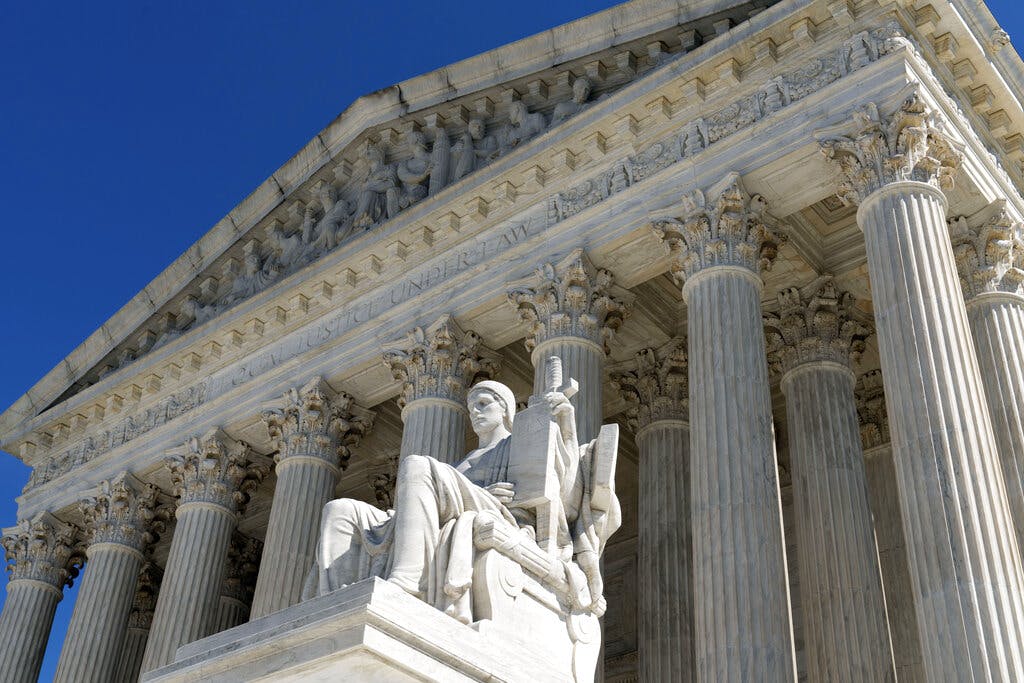
Exclusive: FBI Staffers Fired for Role in Mar-a-Lago Probe Were Assigned to Espionage Unit That Investigated Iranian Threats in America, Sources Say
By DANIEL EDWARD ROSEN
|The Tax Foundation analysis says that the cost of a maximalist ruling could cut revenue by trillions of dollars.

Already have a subscription? Sign in to continue reading

By DANIEL EDWARD ROSEN
|
By A.R. HOFFMAN
|
$0.01/day for 60 days
Cancel anytime
By continuing you agree to our Privacy Policy and Terms of Service.
By HOLLIE McKAY
|